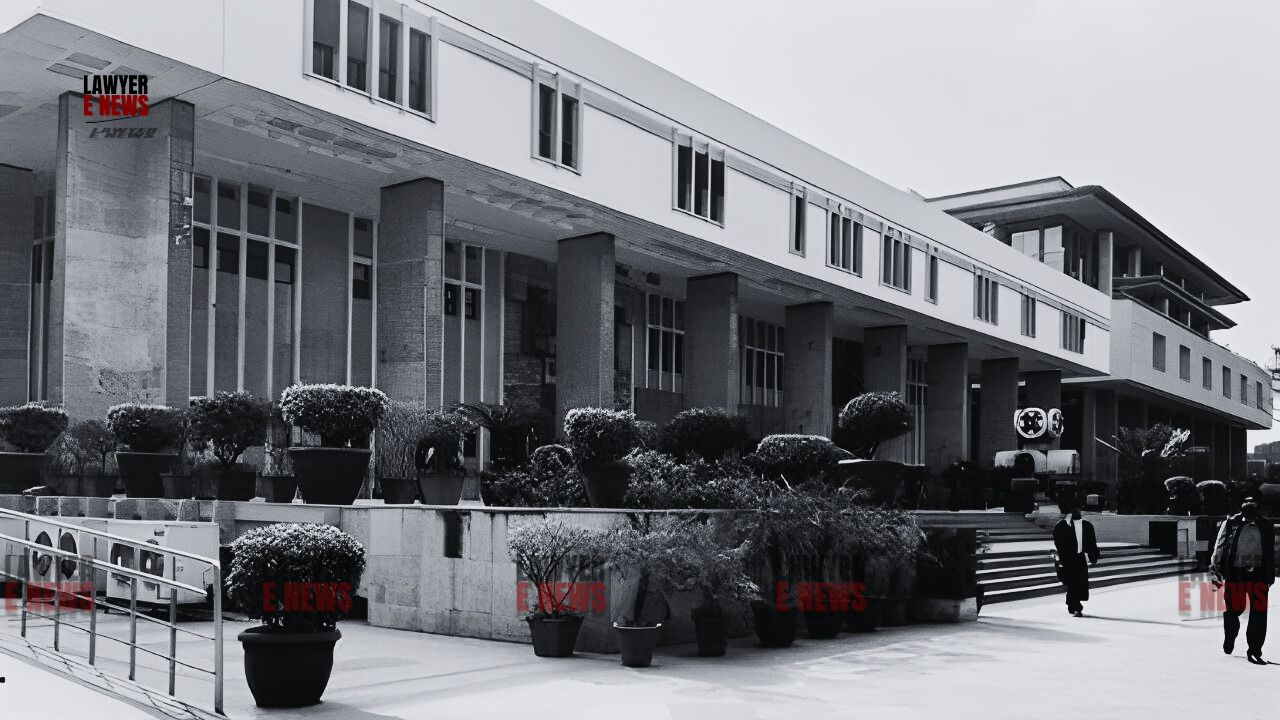-
by Admin
15 February 2026 5:01 PM



The Delhi High Court, in a recent ruling, dismissed an appeal challenging a lower court’s decision that rejected a claim for the recovery of Rs. 13,20,000 along with interest in a property transaction. The judgment, delivered by Justice Purushaindra Kumar Kaurav, emphasized the limitations on the role of Power of Attorney (PoA) holders in legal proceedings, particularly highlighting that a PoA holder cannot depose on behalf of the principal in matters requiring personal knowledge.
The appellant, Nitin Kumar, had filed a civil suit through his Special Power of Attorney (SPA) holder, his father Suresh Pal, seeking the recovery of Rs. 13,20,000 along with 15% interest per annum. The amount in dispute was paid as earnest money under a "bayana" agreement for the purchase of a plot of land in Old Garhi Mendu Village, Delhi. The appellant claimed that the respondent, Jagat Singh, failed to provide the necessary title documents for the land, which was later discovered to be government-owned, thereby making the sale deed execution impossible.
The respondent countered that the appellant was aware of the land's status and failed to make the remaining payments within the agreed timeframe, leading to the forfeiture of the earnest money. The trial court had dismissed the suit, finding that the forfeiture was valid under the terms of the agreement, and the appellant's inability to personally testify was a significant shortcoming.
Court Observations and ViewsThe High Court underscored the legal principle that a Power of Attorney holder can only perform acts on behalf of the principal that fall within their personal knowledge or that they have directly conducted. The Court stated, "The word ‘act’ in Order III Rule 1 of the Code of Civil Procedure (CPC) is confined to acts done by the power of attorney holder within the scope of the authority granted. It does not extend to deposing in court on behalf of the principal regarding matters requiring personal knowledge."
The Court observed that since Suresh Pal was merely a witness to the agreement and not involved in the transaction's execution or subsequent developments, he could not competently testify about the appellant's personal knowledge or intentions. The appellant’s failure to personally appear in court and provide testimony led the Court to draw an adverse inference against him, adhering to the established legal principle that a party who does not testify in support of their case raises doubts about its veracity.
In its analysis, the Court referenced several Supreme Court judgments, including Janki Vashdeo Bhojwani v. Indusind Bank Ltd. and Vidhyadhar v. Manikrao, to reiterate that the burden of proof lies on the party asserting the claim. The Court emphasized that in cases involving personal knowledge, such as the intention to complete a transaction or the reasons for not doing so, the principal must testify.
Justice Kaurav remarked, "A Power of Attorney holder, particularly when not involved in the transaction, cannot depose on behalf of the principal regarding facts that require personal knowledge. This limitation is crucial in ensuring the integrity of evidence presented in court."
The Delhi High Court's dismissal of the appeal serves as a reaffirmation of the limitations on the role of Power of Attorney holders in litigation, particularly in matters requiring personal testimony. This ruling underscores the importance of principals directly participating in legal proceedings, especially when their knowledge and intentions are central to the case. The judgment also reinforces the legal principle that the burden of proof lies with the party asserting the claim, who must substantiate their case with credible evidence.
Date of Decision: August 21, 2024.
Nitin Kumar v. Jagat Singh
